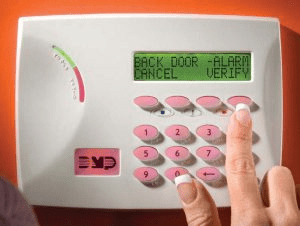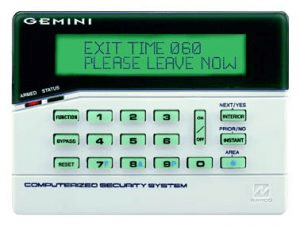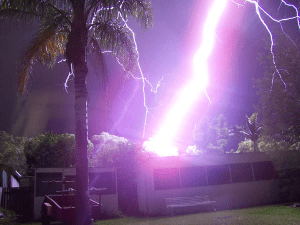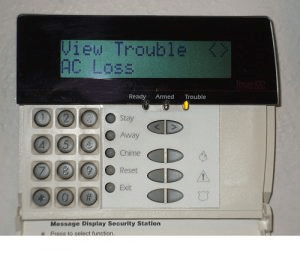How to Avoid False Alarms
Avoid False Alarms
An alarm system can bring you a sense of security and peace of mind and is effective with proper installation, adequate training and regular maintenance.
Poorly used, installed or maintained systems can cause significant problems for the consumer and public safety officials alike.
Therefore, it is important for alarm users to do their homework before buying and installing an alarm system.
What is a False Alarm?
- For A Burglar or Holdup Alarm: A false alarm is notification of an alarm to law enforcement when the responding authority finds no evidence of criminal offense or attempted criminal offense.
- For a Fire Alarm: The activation of any fire alarm system which results in a response by the fire department and which is caused by the negligence or intentional misuse of the fire alarm system by the owner, its employees, agents or any other activation of a fire alarm system not caused by heat, smoke or fire.
User Training Video
FARA & NESA worked with the North Texas Alarm Association & Texas Burglar & Fire Alarm Association to create a video that can be used to train alarm users about false alarms.
False Alarms Are A Problem
- Cost You: False alarms cost system users $$$.
- Waste: False alarms waste valuable public safety resources.
- Delay Response: False alarms can delay response when you really need it.
- Complacency: Frequent false alarms tend to make responders complacent. Complacency leads to carelessness. Carelessness injures law enforcement & firefighters.
- Cry Wolf: Can desensitize the community to actual incidents and lead occupants and others to ignore the alarm when it goes off.
- Can discourage use of alarms: False alarms make owners reluctant to use their system, exposing their home, facility or business to fire and property damage.



























